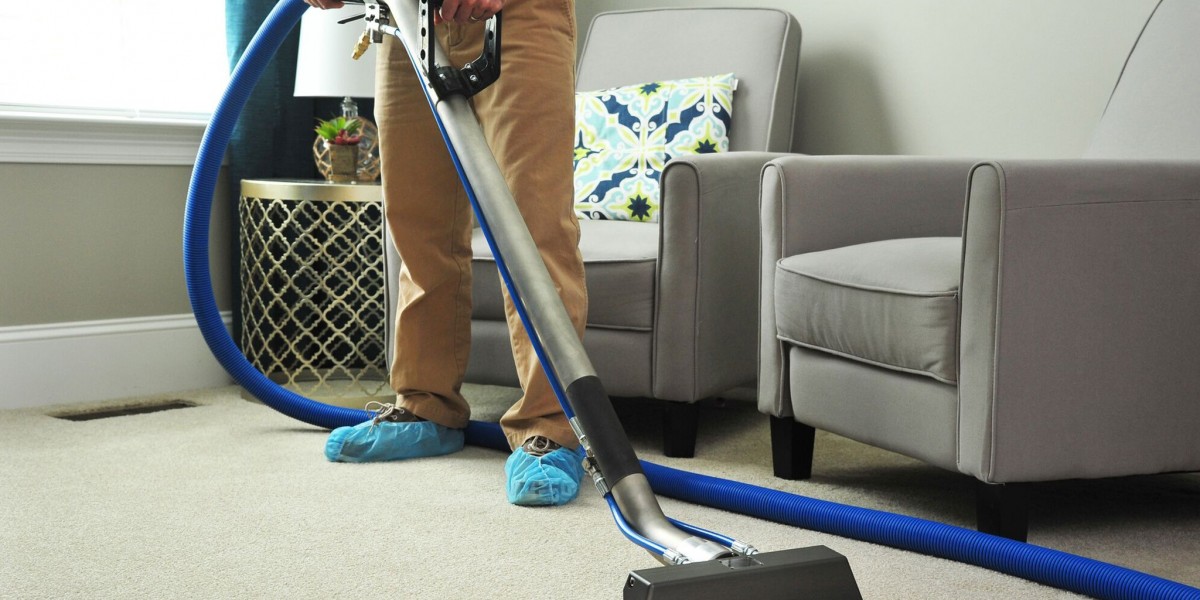Hypertension, also known as high blood pressure, is a serious medical condition that affects millions of people around the world. While it often goes unnoticed because there are no obvious symptoms, it can lead to severe complications such as heart disease, stroke, kidney damage, and even premature death if left untreated. Understanding its causes, symptoms, and how it can be managed is crucial to maintaining a healthy lifestyle. In this blog, we’ll explore the causes and symptoms of hypertension, its potential risks, and how you can take steps to prevent or manage it.
What is Hypertension?
Hypertension occurs when the force of blood against the walls of your arteries is consistently too high. Your blood pressure is measured in two numbers: systolic and diastolic. The systolic number (the first number) measures the pressure in your arteries when your heart beats, while the diastolic number (the second number) measures the pressure between heartbeats. A normal blood pressure reading is usually around 120/80 mm Hg. Anything higher than this is considered high blood pressure, especially if it consistently stays above 130/80 mm Hg.
High blood pressure typically doesn’t cause symptoms, which is why it’s often called the "silent killer." Many people don't realize they have it until they develop severe health issues. Regular monitoring and early detection are vital to managing the condition before it causes irreversible damage.
What Causes Hypertension?
There are two types of hypertension: primary (essential) hypertension and secondary hypertension.
Primary Hypertension
Primary hypertension develops gradually over time and has no specific cause. It is the most common form of high blood pressure. Although it is not caused by any underlying condition, several risk factors contribute to its development. These include:
- Genetics: A family history of hypertension increases the likelihood of developing high blood pressure.
- Age: As you get older, your blood vessels lose some of their elasticity, which can contribute to higher blood pressure.
- Gender: Men are more likely to develop high blood pressure earlier in life, while women are more likely to develop it after menopause.
- Lifestyle Factors: Poor diet, lack of exercise, smoking, and excessive alcohol consumption are all risk factors that can raise blood pressure.
Secondary Hypertension
Secondary hypertension is a result of an underlying health condition or medication. Some of the causes include:
- Kidney Disease: Chronic kidney disease can cause an imbalance of sodium and fluid, increasing blood pressure.
- Sleep Apnea: Untreated sleep apnea can lead to hypertension due to the strain it places on the cardiovascular system.
- Medications: Certain medications, such as birth control pills, decongestants, and pain relievers, can increase blood pressure.
- Thyroid Problems: Disorders like hyperthyroidism or hypothyroidism can disrupt normal blood pressure regulation.
Common Symptoms of Hypertension
Hypertension is often referred to as a “silent disease” because it typically doesn’t have clear symptoms. However, when blood pressure becomes extremely high, some people may experience:
- Headaches: Severe, persistent headaches may be a sign of high blood pressure.
- Shortness of Breath: Difficulty breathing or a feeling of tightness in the chest can occur when the heart is under strain.
- Nosebleeds: Frequent nosebleeds can sometimes be a sign of uncontrolled hypertension.
- Blurred Vision: Hypertension can affect the blood vessels in the eyes, leading to vision problems.
- Fatigue: Feeling unusually tired or weak can occur when the heart is struggling to pump blood efficiently.
While these symptoms are often linked to severe cases of hypertension, many people with high blood pressure feel fine and do not experience any noticeable signs. This is why regular monitoring is essential, even if you feel healthy.
How Hypertension Affects the Body
If left untreated, high blood pressure can cause long-term damage to various organs in your body. Here’s how it can impact your health:
Heart Disease and Stroke
Hypertension increases the risk of heart disease by causing damage to the coronary arteries, which supply blood to the heart. Over time, the heart muscle may become weakened, leading to heart failure. Additionally, high blood pressure can lead to the formation of blood clots, which can result in a stroke if they block the flow of blood to the brain.
Kidney Damage
High blood pressure is a leading cause of kidney disease. The kidneys filter waste from your blood, and when the blood vessels in the kidneys are damaged by high pressure, their ability to function decreases. This can eventually lead to kidney failure.
Eye Problems
Uncontrolled hypertension can damage the blood vessels in the eyes, leading to conditions such as retinopathy. This can result in vision loss if not managed properly.
Aneurysm
Hypertension can cause the blood vessels to weaken and bulge, resulting in an aneurysm. If an aneurysm ruptures, it can lead to life-threatening internal bleeding.
Preventing and Managing Hypertension
Managing hypertension involves lifestyle changes and, in some cases, medication. Here are some effective ways to prevent and control high blood pressure:
Healthy Diet
Eating a balanced diet is crucial for controlling hypertension. Focus on:
- Reducing Salt Intake: Too much salt can raise your blood pressure, so it’s important to limit your consumption.
- Eating More Fruits and Vegetables: A diet rich in fruits, vegetables, and whole grains provides essential nutrients that support healthy blood pressure levels.
- Limiting Alcohol and Caffeine: Excessive alcohol and caffeine consumption can increase blood pressure.
Exercise Regularly
Physical activity helps keep your heart and blood vessels healthy. Aim for at least 30 minutes of moderate exercise most days of the week.
Quit Smoking
Smoking damages blood vessels and raises blood pressure. Quitting smoking improves overall heart health.
Manage Stress
Chronic stress can contribute to hypertension. Practice relaxation techniques such as deep breathing, meditation, or yoga to reduce stress levels.
Medications
In some cases, lifestyle changes alone may not be enough to control high blood pressure. Your doctor may prescribe medications such as:
- Diuretics: Help the kidneys remove excess sodium and water.
- Beta-Blockers: Reduce heart rate and the force of the heart’s contractions.
- ACE Inhibitors: Relax blood vessels to improve blood flow.
Book an Appointment with a General Physician through InstaCare
If you suspect that you may have hypertension or are experiencing any symptoms, it’s important to seek professional medical advice. You can easily book an appointment with the best general physician through InstaCare, a platform that allows you to find experienced healthcare professionals near you and schedule consultations online. Timely medical intervention is key to managing hypertension and preventing potential complications, so don't wait — take the first step towards better health today!
Conclusion
Hypertension is a widespread condition that can have serious health consequences if left untreated. Understanding the causes and symptoms of high blood pressure is essential for taking the right steps to prevent or manage it. By adopting a healthy lifestyle, regularly monitoring your blood pressure, and seeking professional medical advice when needed, you can reduce the risks associated with hypertension and maintain your overall well-being. Don't let high blood pressure sneak up on you — take action and protect your health.
FAQs
1. How do I know if I have hypertension?
Hypertension often has no noticeable symptoms, so the best way to know if you have it is by having your blood pressure checked regularly. Your healthcare provider can measure your blood pressure during a routine check-up or by using a home blood pressure monitor.
2. Can hypertension be cured?
There is no cure for hypertension, but it can be managed effectively with lifestyle changes and medication. By adopting a healthy diet, exercising regularly, and controlling stress, you can keep your blood pressure within a normal range.
3. What should I avoid if I have high blood pressure?
If you have high blood pressure, it’s important to avoid excessive salt, alcohol, and caffeine. You should also avoid smoking and try to manage your stress levels to prevent further strain on your heart and blood vessels.
































